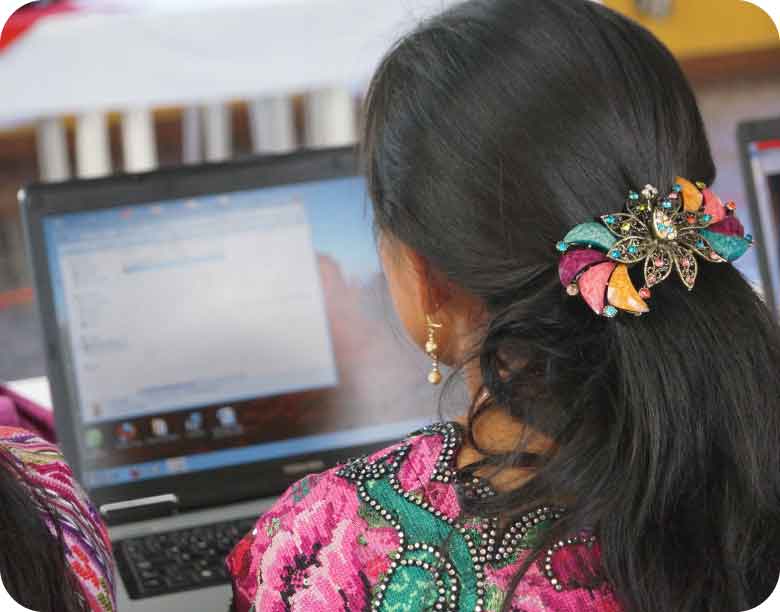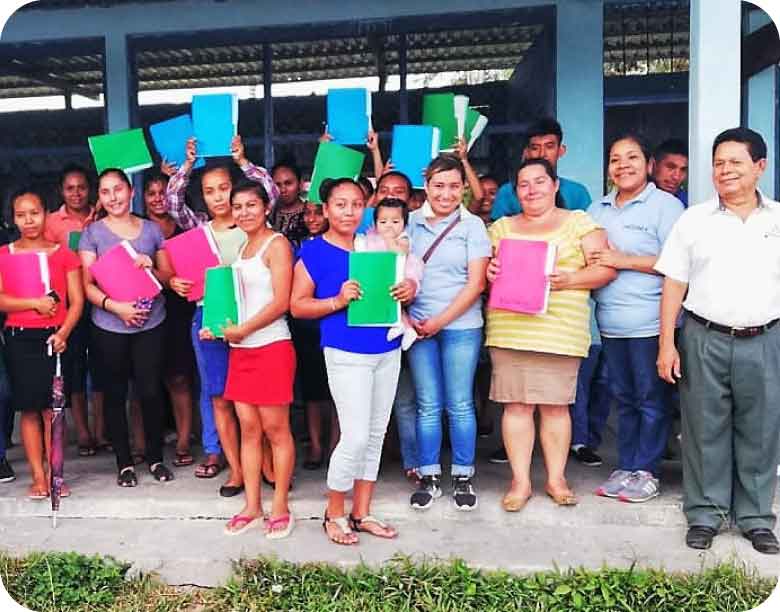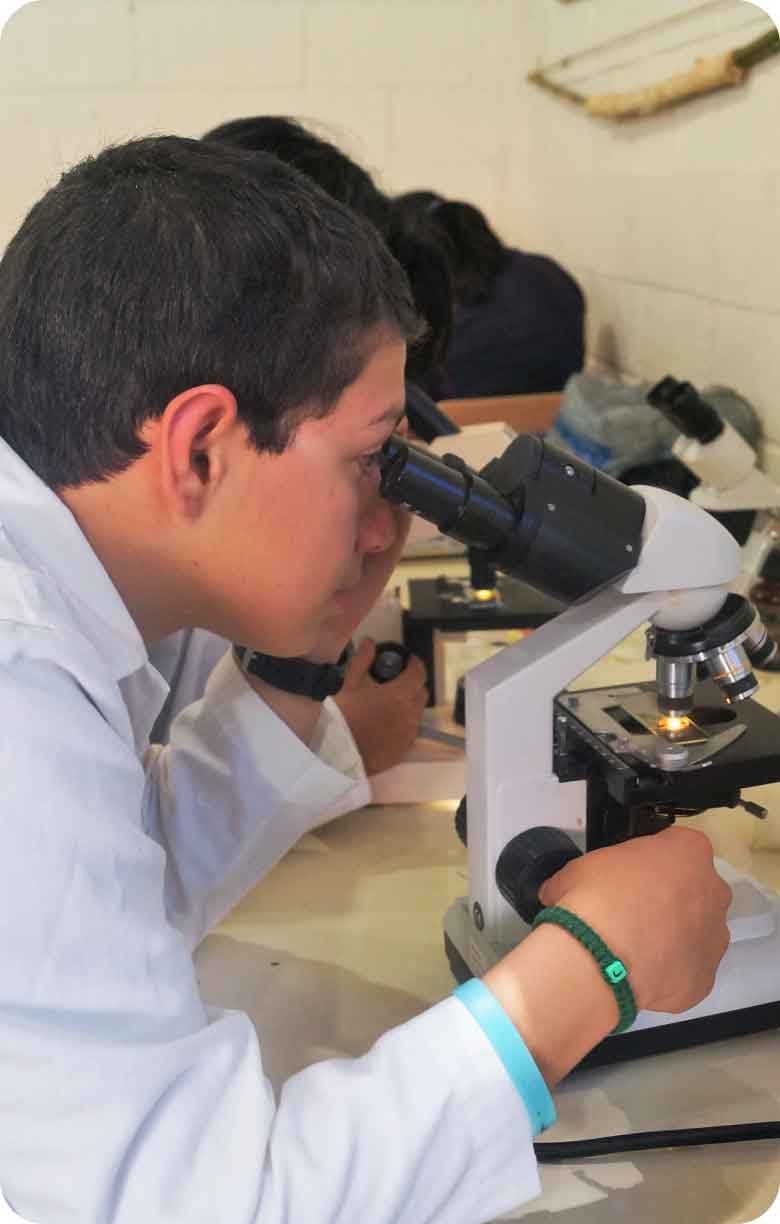ABOUT US
This is who we are

The General Directorate of Non-Formal Education, DIGEEX, is responsible for providing the educational process to over-aged children and young people through different modalities from those used in the Formal Education Subsystem (Article 12, Government Agreement No. 225-2008). In this respect, DIGEEX provides technical and vocational education and training for those who, due to different reasons, do not have access to the regular education system and also, for people who have previously been studied and want to further their training through flexible modalities of educational delivery which meet the needs and interests of the population.
To comply with these needs, DIGEEX provides flexible modalities of educational delivery through different programs which do not follow a rigid hierarchy of grades, age neither an inflexible knowledge system (Art 31, National Education Act, Decree Number 12-91) The aim is that people can begin, continue and complete vocational or technical training.
The Ministry of Education, through, DIGEEX, recognizes the right of persons to lifelong vocational and technical education. As a consequence, four inclusive non-formal education programs are provided:
PROGRAMS
- Correspondence Adult Education Program, PEAC, which provides abridged primary education.
- Flexible Modalities for Secondary Education Program that addresses Middle and High School Education.
- Municipal Vocational and Human Training Centers these centers provide free courses focused on occupational training in the framework of entrepreneurship and humanistic training.
- National Alternative Education Program, PRONEA, which deals with non-formal education services targeted on the development of life skills, on the primary and secondary school levels, lifelong training, and labor skills certification.
DIGEEX also broadcast educational contents through educational radio stations, on topics related to comprehensive sexuality education, citizen participation, promotion of democratic values, prevention of irregular migration, culture, and identity of peoples, among others.
Our Mission
We are an evolutionary, organized, efficient, and effective institution that generates teaching-learning opportunities, focused on results, which diligently seize the opportunities of the 21st century and committed to a better Guatemala.
Our Vision
To train citizens with character, capable of learning by themselves, proud of being Guatemalans, committed to achieving their integral development, with principles, values, and convictions which base their behavior.


Legal basis
Definition
National Education Act (Legislative Decree No. 12-91, Article 20)
«The Non-Formal Subsystem or Parallel Education is a mode of carrying out the educational process, which the State and institutions provide to the population that has been excluded or has not had access to school education and for those who, having had it, wish to further their training».
Education Ministry's Organic Internal Regulations (Government Agreement No. 225-2008, Article 12)
The General Directorate of Non-Formal Education, DIGEEX, «is responsible for providing the educational process to over-aged children and young people through different modalities from those used by the formal school subsystem».
Non-Formal Program's Characterization
National Education Act (Legislative Decree No. 12-91, Article 20)
- «It is a mode of educational delivery defined by didactic-pedagogical principles.
- It does not follow a rigid hierarchy subject of grades, age neither an inflexible knowledge system.
- It trains the learner in the development of social, cultural, and academic skills».
General Directorate of Non-Formal Education's Attributions
Education Ministry's Organic Internal Regulations (Government Agreement No. 225-2008, Article 12)
- «Propose general outlines and strategies for non-formal education, within the framework of the general policy of the Ministry of Education, ensuring their quality and coverage.
- Establish and define the modalities of pedagogical delivery as well as the management of the non-formal subsystem educative service.
- Coordinate the non-formal education programs and projects, at all educational levels and modalities, to provide better coverage and diversification.
- Promote and support the development of institutional educational projects in each of the centers within the non-formal education subsystem and modalities.
- Implement the national curriculum for the non-formal education target group».



